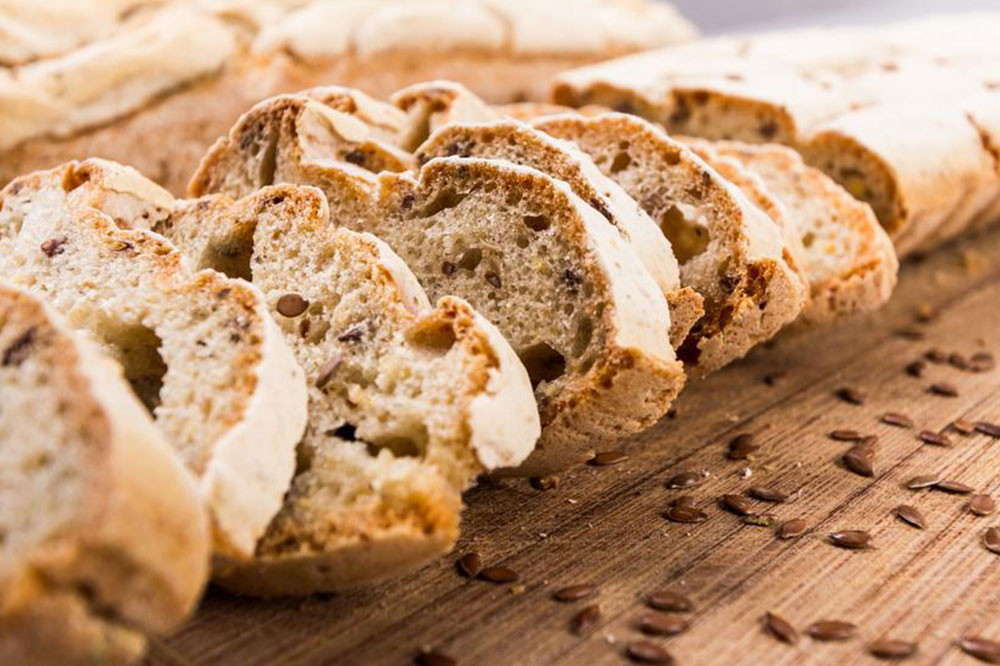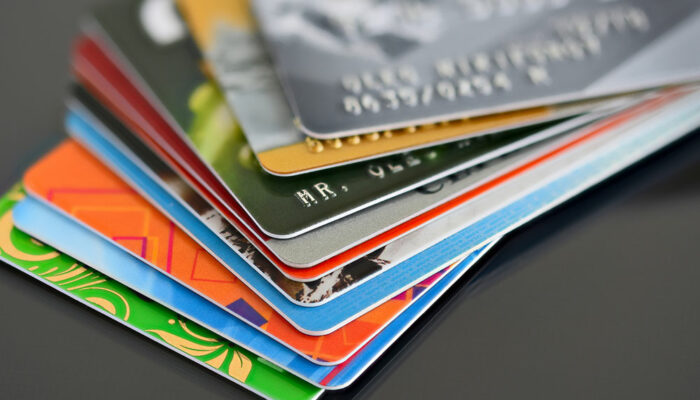
The Worst Foods for Irritable Bowel Syndrome (IBS)
Irritable Bowel Syndrome (IBS) is a condition that affects the large intestine and causes abdominal pain and cramping, bloating, gas, and diarrhea or constipation. People with IBS must ensure not to eat anything that aggravates their symptoms or causes flare-ups. Some common foods have a reputation for acting as triggers for IBS symptoms because of their effects on the gastrointestinal tract. Read on to know which foods could worsen IBS symptoms.
Foods with insoluble fiber
Fibers are of two types: insoluble and soluble. Although almost all plant foods contain both types, some foods contain high amounts of one type. Insoluble fibers are generally higher in whole grains, bran, nuts, corn, vegetables, and skins of fruits. Many people with IBS have found that consuming more insoluble fiber worsens pain and bloating, but it’s important to know that fiber tolerance varies in different individuals. In some people, even the most common foods do not trigger IBS symptoms, while others cannot tolerate foods high in soluble fibers at all.
Foods high in fructose
Fructose is a type of sugar that our digestive system cannot tolerate well and can trigger IBS symptoms. This is not great news for fruit lovers because many delicious fruits like apples, pears, and watermelon are naturally high in fructose. So, if looking for healthier alternatives, one can pick fruits like blueberries, strawberries, honeydew, and cantaloupe.
Dairy products
Milk is among the most common IBS trigger foods, mainly because milk and other dairy products like cottage cheese, cream cheese, ice cream, and sour cream are high in lactose content. Most adults can handle lactose only in small quantities, and eating more than what the digestive system can handle leads to abdominal pain and gas. Also, many dairy products are high in fat, so consuming them can likely cause diarrhea. One can opt for lactose-free options like soy milk, almond milk, coconut milk, oat milk, and soy-based cheese instead.
Cruciferous vegetables
Cruciferous veggies contain raffinose, a carbohydrate that our digestive system cannot process well. These veggies can cause gas and constipation in people with IBS. Some common cruciferous veggies that can trigger IBS symptoms are broccoli, cauliflower, cabbage, kale, arugula, and Brussel sprouts. If eating these veggies raw bothers the digestive system, one can try cooking them to make digestion easier.
Fried foods
French fries and other fried foods are extremely high in fat. Eating these fatty foods slows digestion and triggers common IBS symptoms like bloating, nausea, and abdominal pain. So, it’s best to avoid fried foods and fatty meats and choose nuts, seeds, eggs, avocados, olives, and olive oil instead.
Beans and legumes
While beans, peas, and lentils are excellent sources of proteins and fiber, they can also trigger IBS symptoms in many people. These foods contain oligosaccharides, a type of carbohydrate that our system has trouble digesting. Although beans can help with constipation, they can cause gas, bloating, and abdominal cramps.



